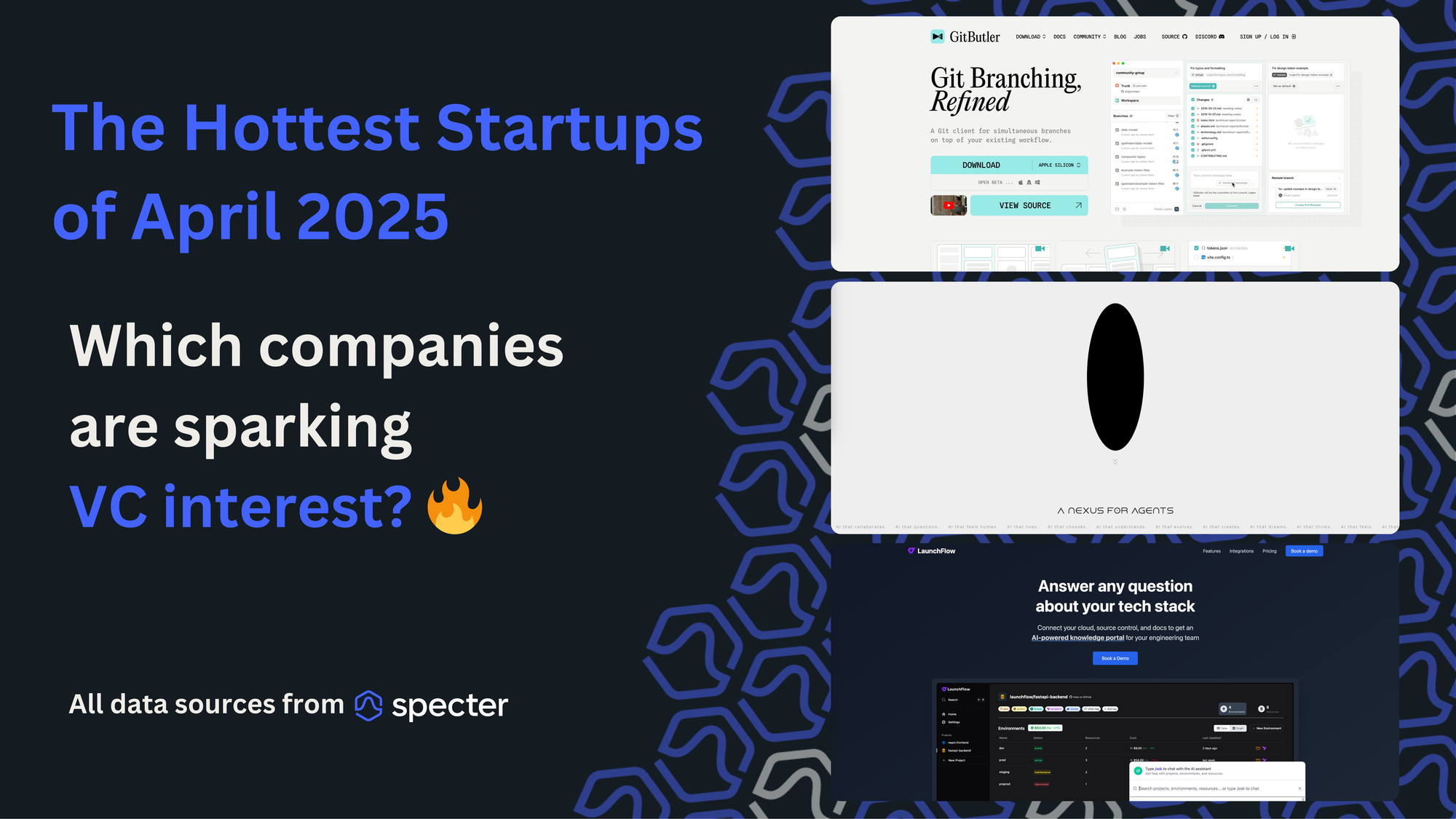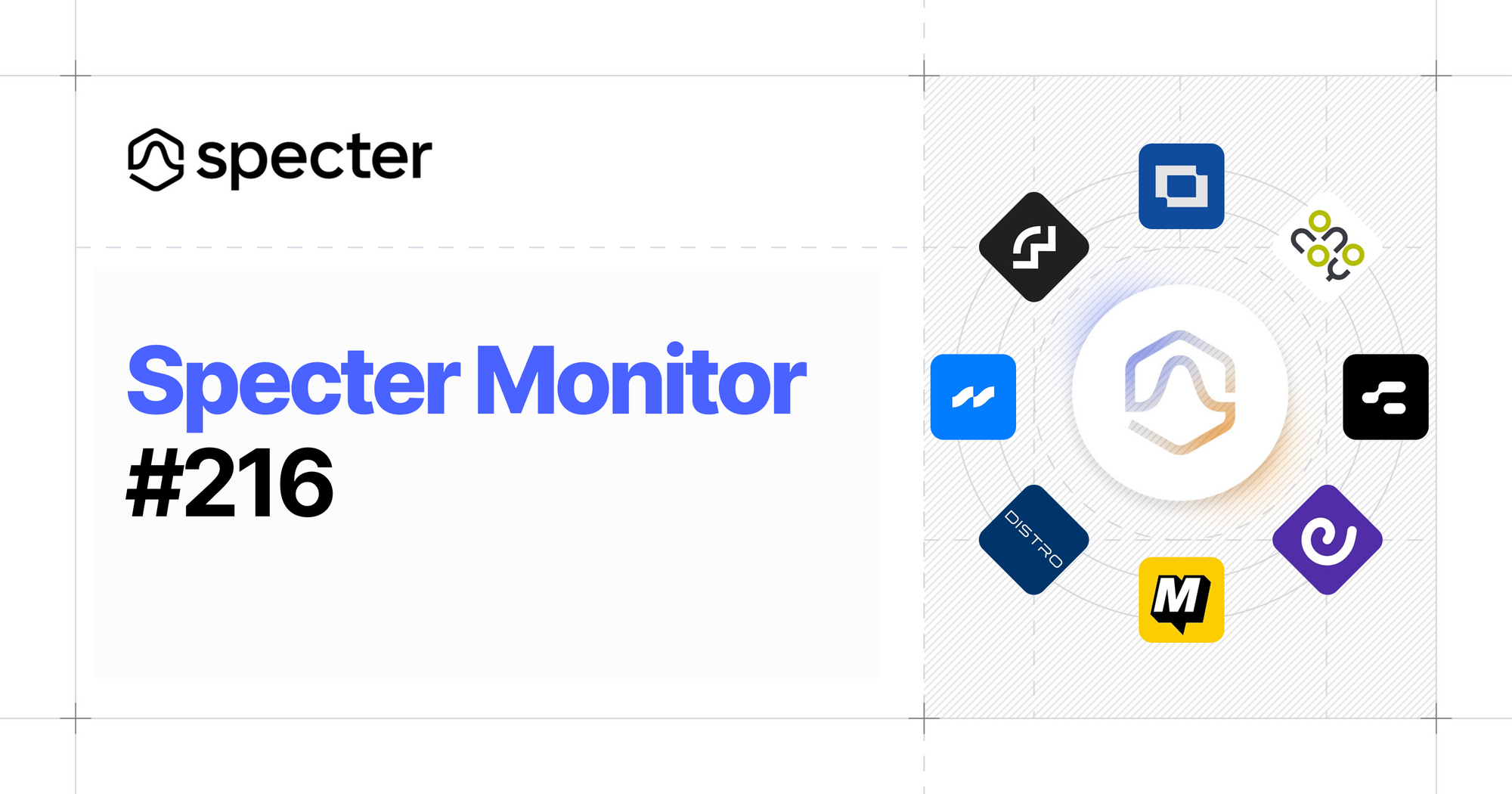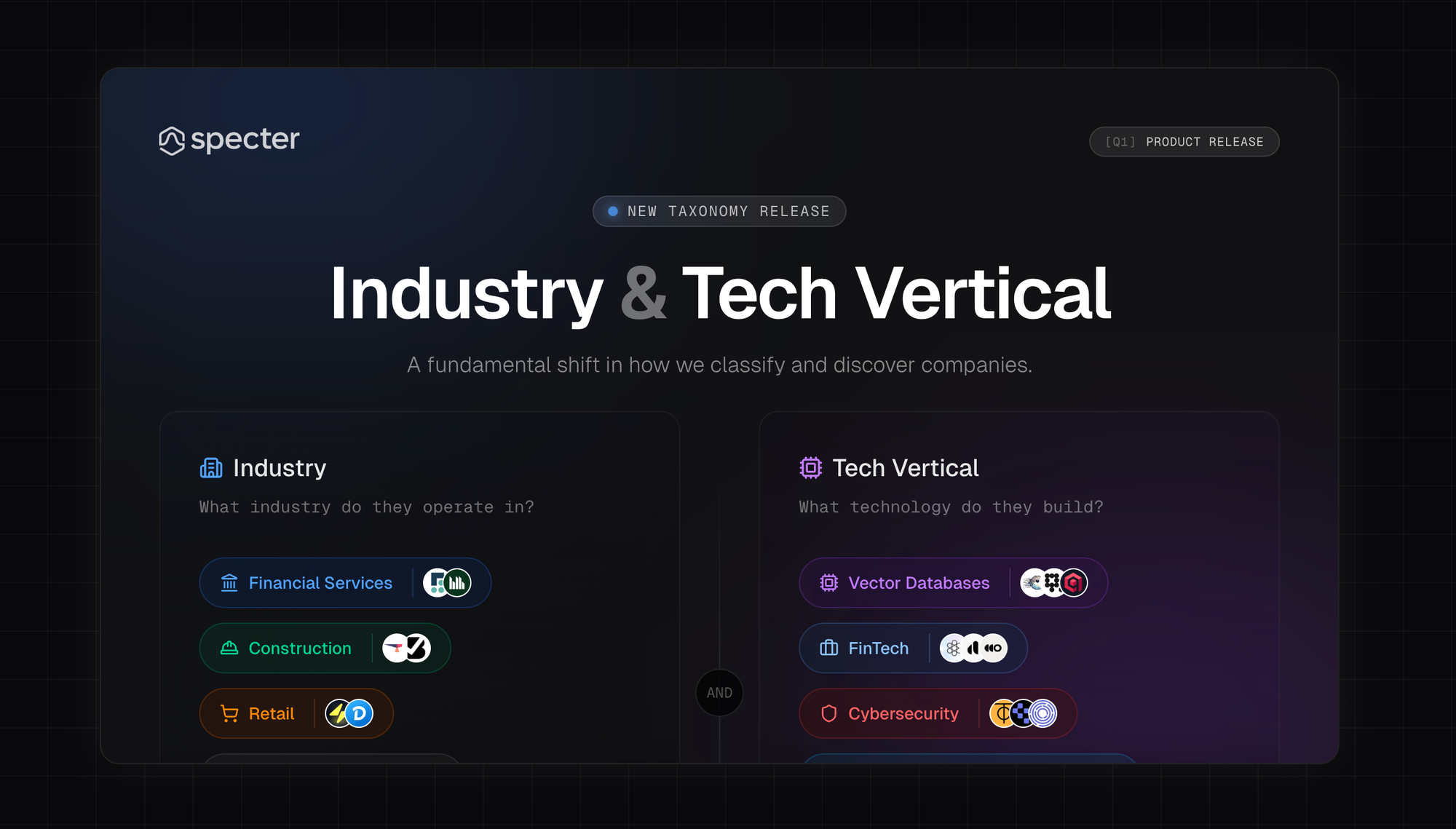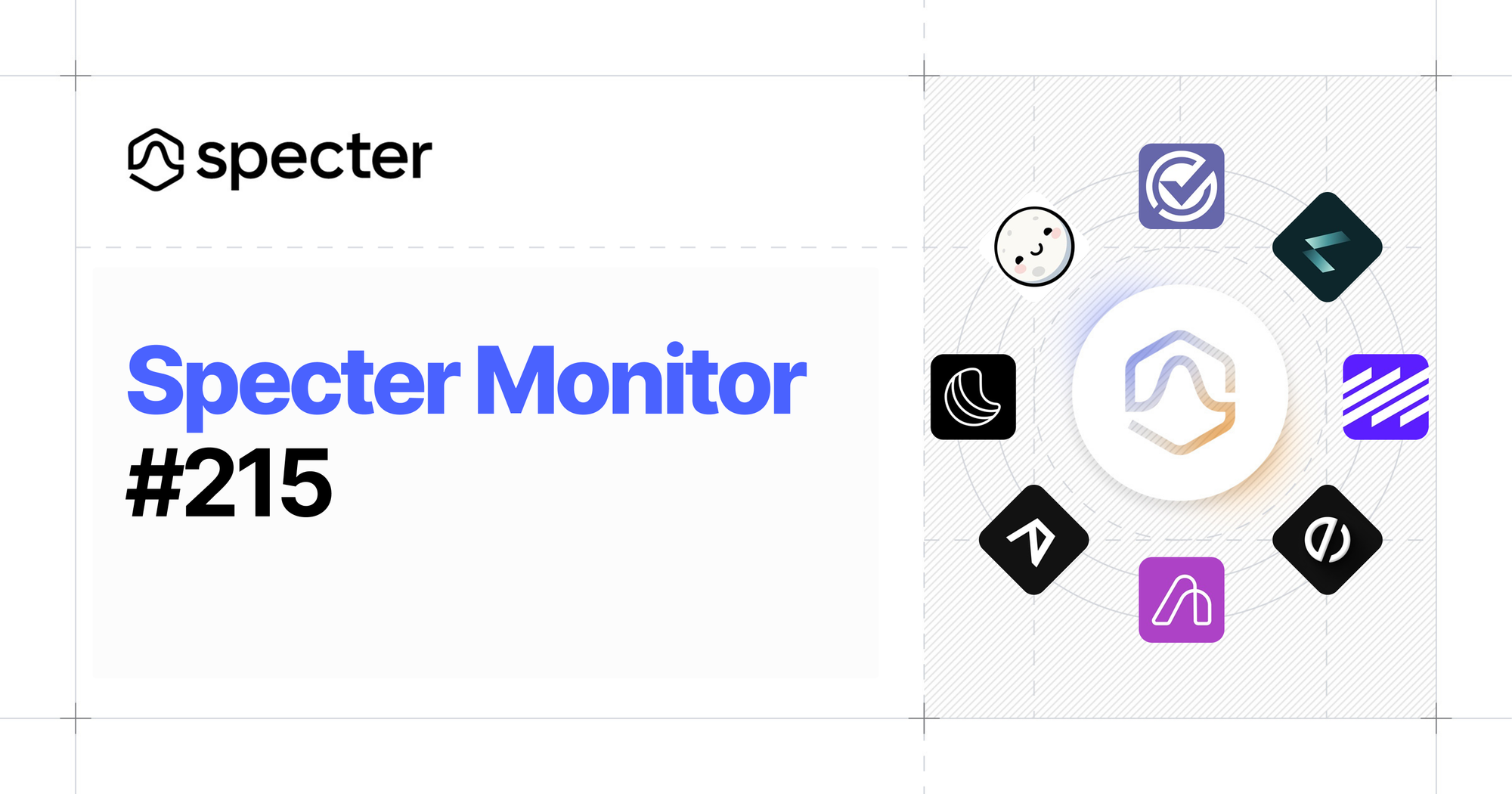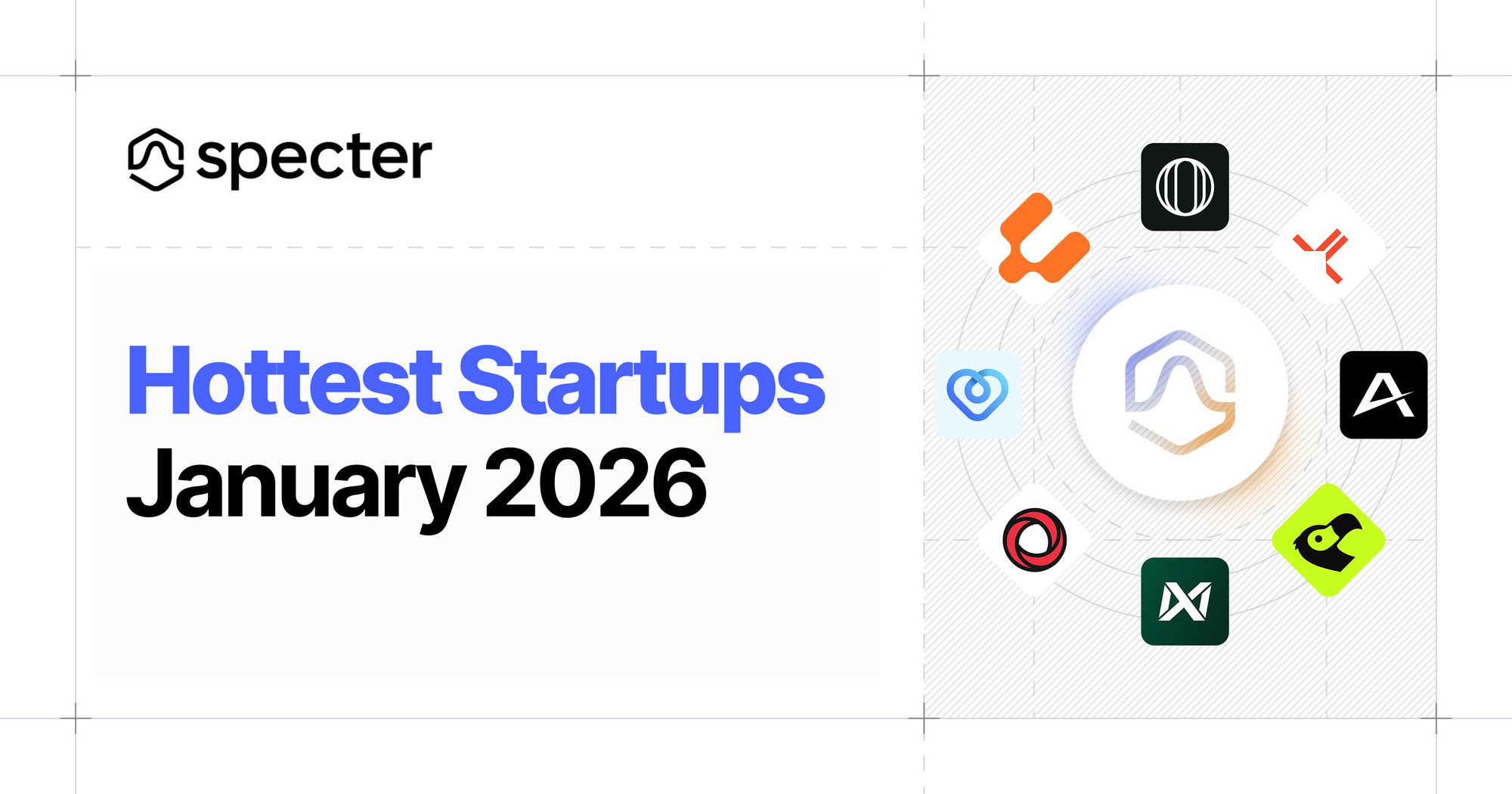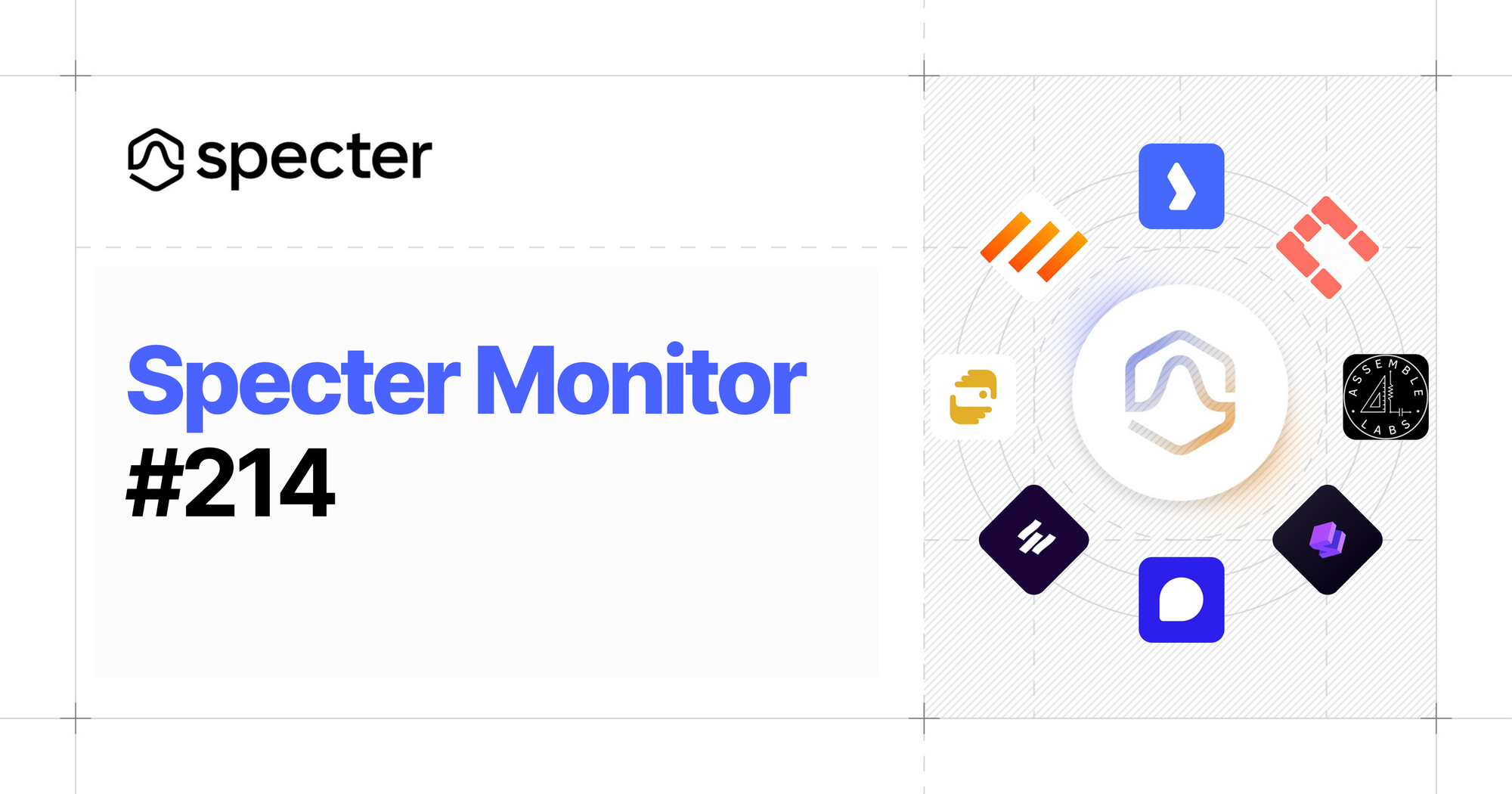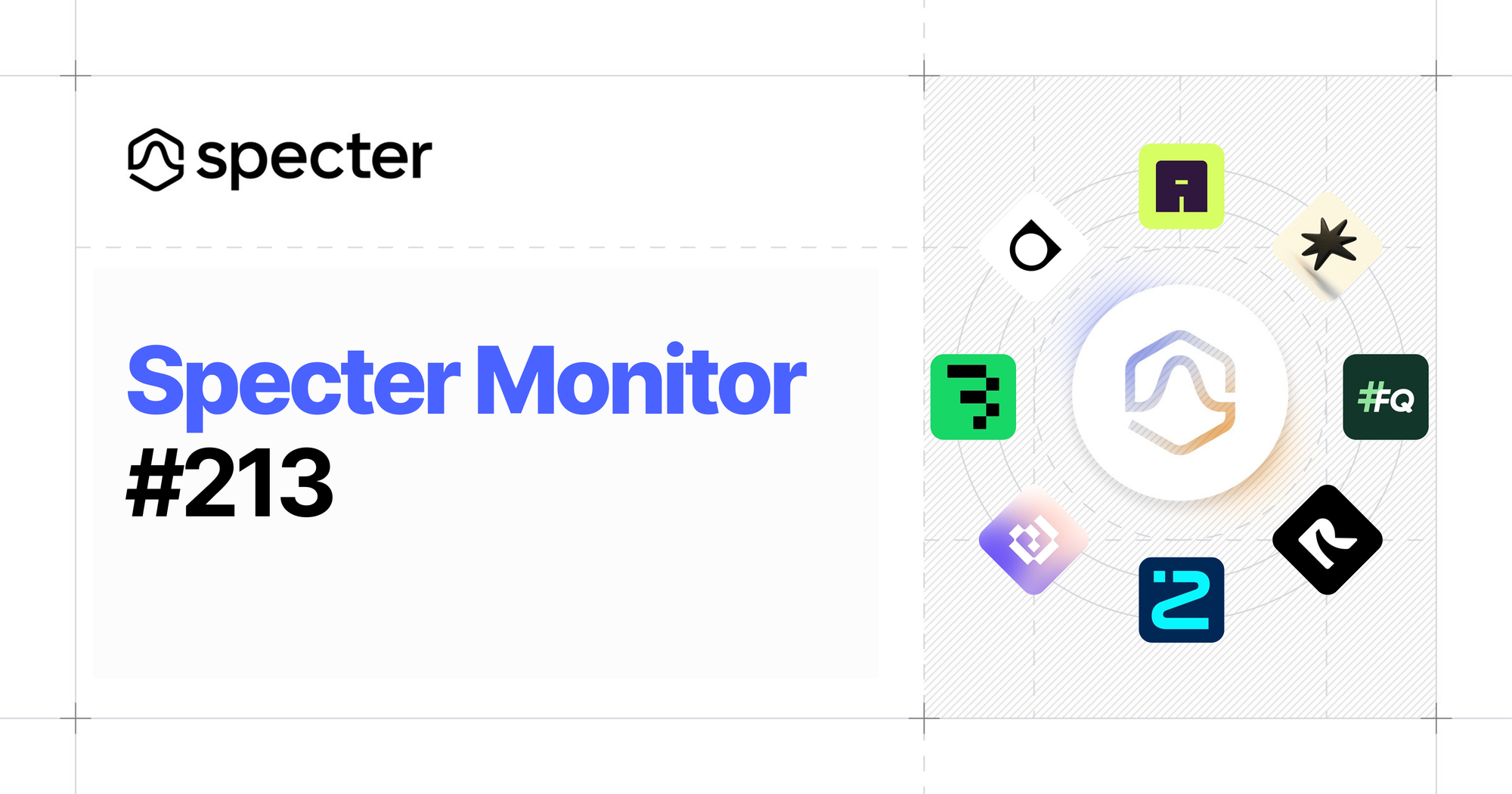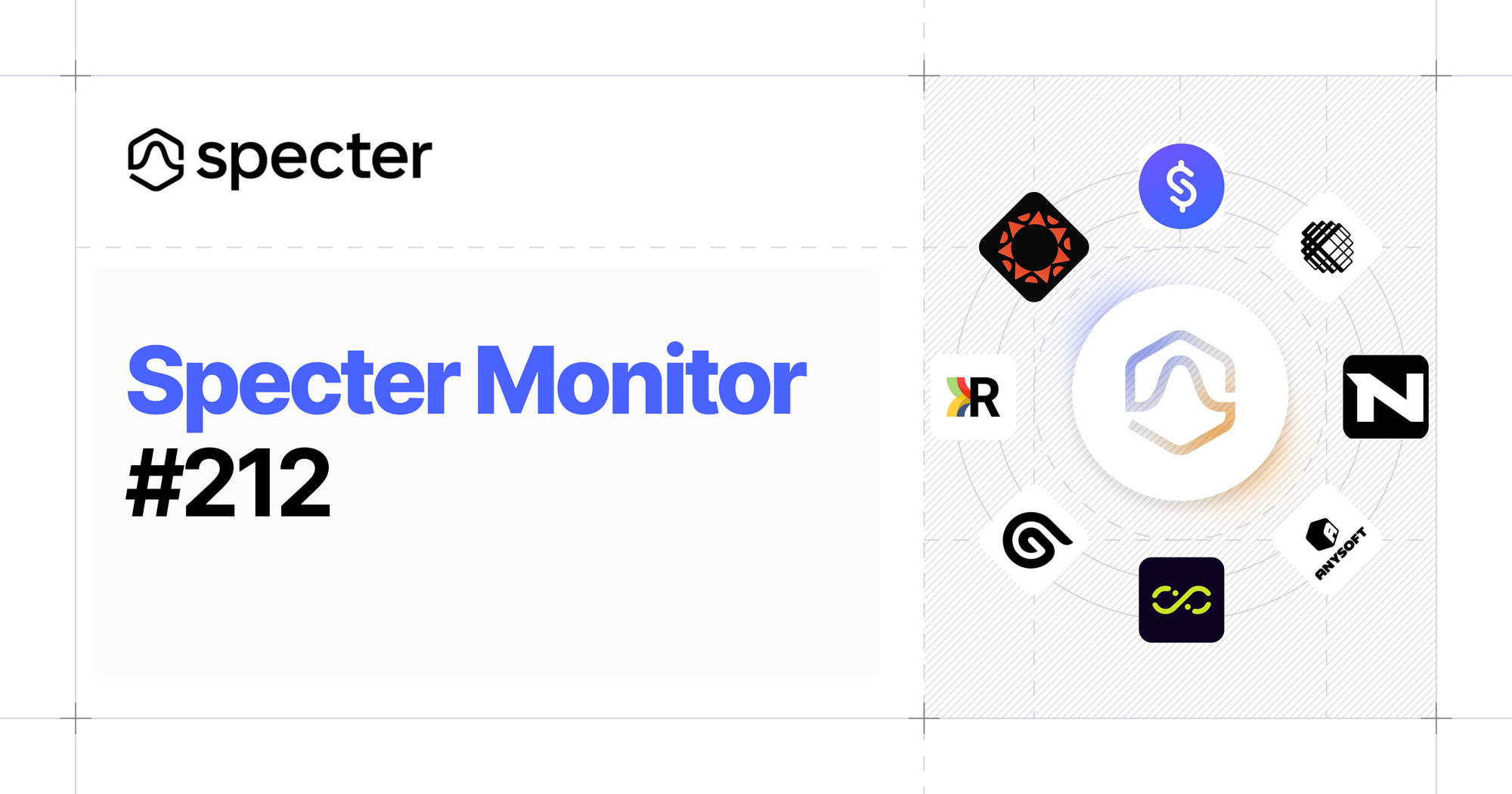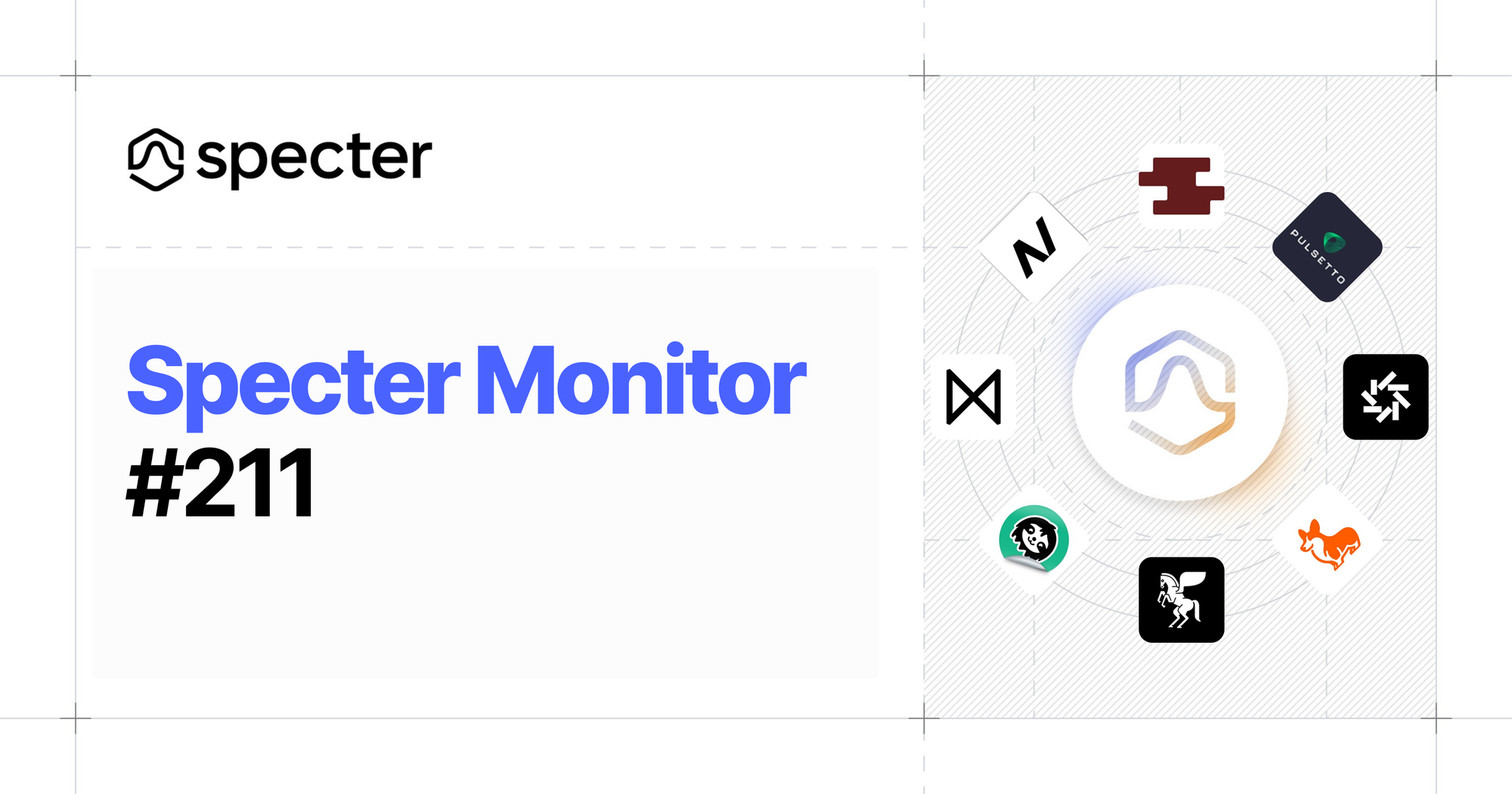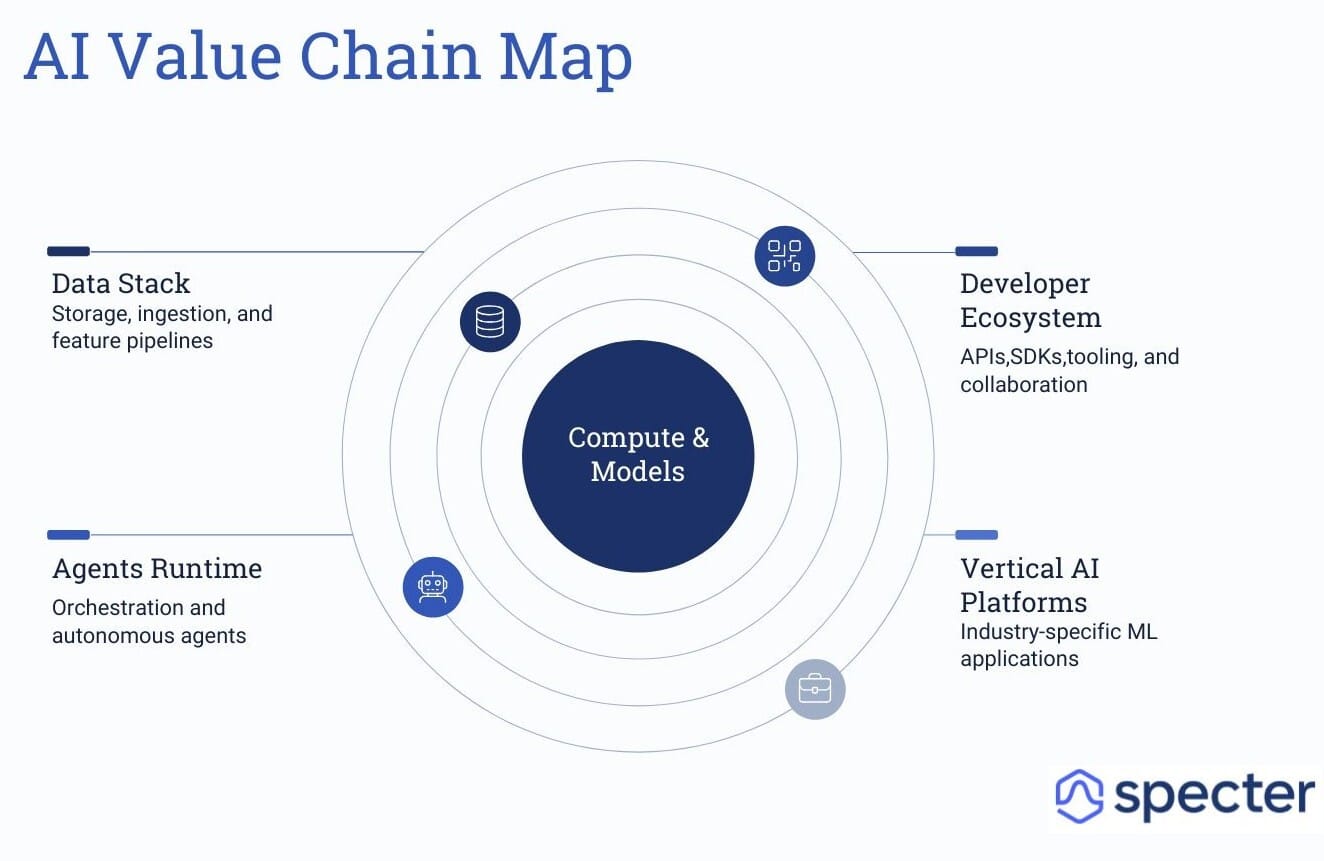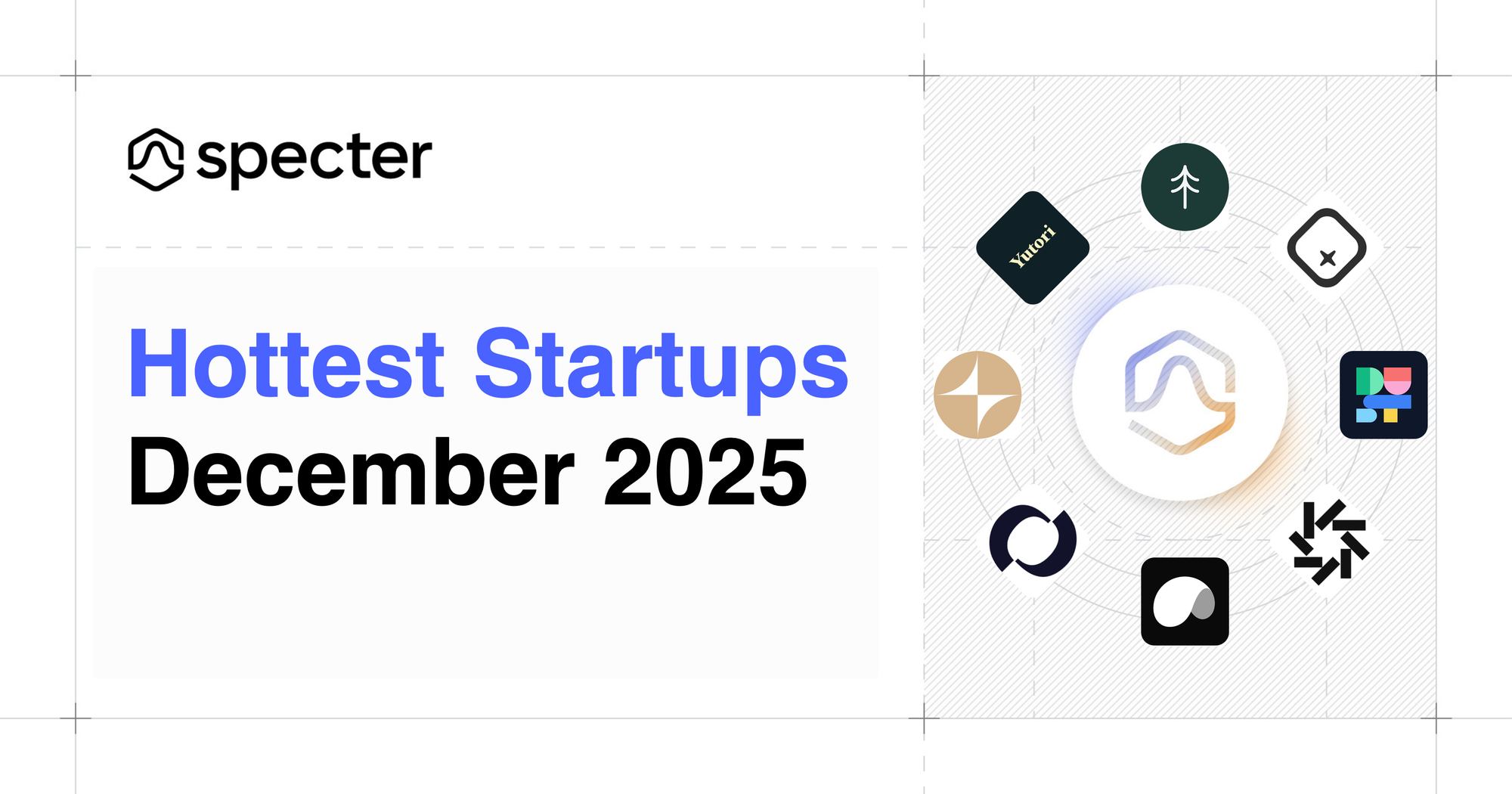Xoul
Xoul is building an open platform for social, interoperable AI agents—enabling anyone to design, share, and collaborate with intelligent systems that evolve and transact alongside humans. Founded in 2024 by Emil Liu (X), a former visual artist and Harvard dropout, the company abstracts away technical complexity to unlock a new creator economy for AI. Users can build “agent swarms”—modular, personality-rich AI entities that interact with each other and form dynamic teams within a unified marketplace powered by shared protocols. Still in private beta, Xoul is already attracting developers and creators exploring collaborative agent-based workflows, positioning itself as a Roblox or YouTube for autonomous AI.

LaunchFlow
LaunchFlow is an AI-powered DevOps platform that streamlines cloud infrastructure management by automating configuration, cost estimation, and deployment processes across AWS, GCP, and Azure. Founded in 2023 by Caleb Van Dyke and Joshua Tanke, both former engineers at Google Life Sciences, along with Spencer Forman, LaunchFlow offers tools like infra.new that enable developers to set up and optimize their entire infrastructure stack directly within their code editor. Backed by Y Combinator (W23) and engineering leaders from Google, the platform is gaining traction among teams seeking to reduce cloud costs and accelerate deployment cycles.
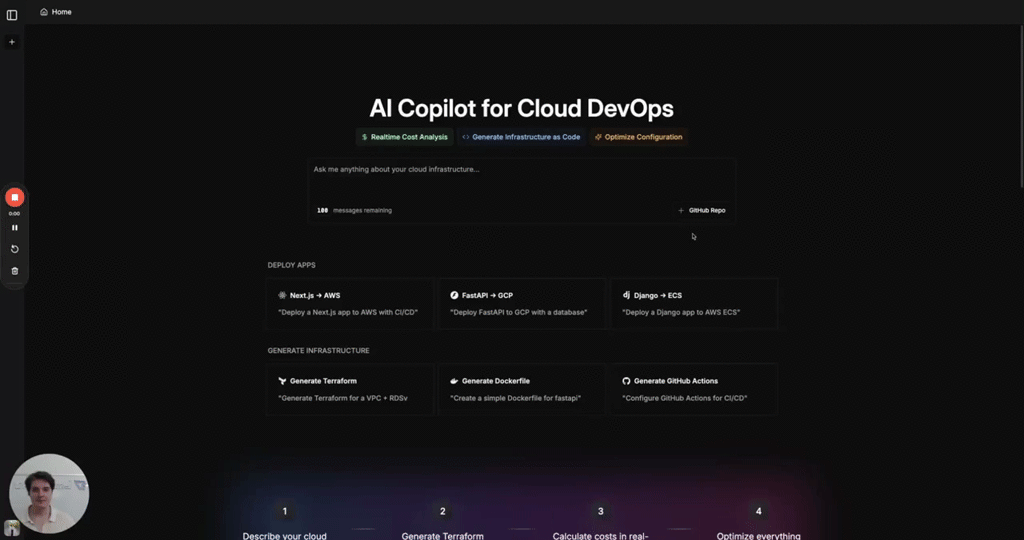
Borg Robotics
Borg Robotics is developing a connected ecosystem of AI-powered robots to automate industrial labor—starting with Borg 01, a modular humanoid capable of autonomously switching between bipedal and wheeled modes, and swapping end effectors like grippers or tools in seconds. Founded in 2023 by Lorenzo Juncaj, the Detroit-based startup is focused on restoring American manufacturing strength by targeting high-turnover, physically demanding warehouse and factory roles. Borg’s initial lineup includes a pallet mover, industrial cobot, and autonomous forklift—designed to integrate seamlessly into existing facilities without requiring infrastructure changes.

Light Robotics
Light Robotics is developing general-purpose companion robots that integrate perception, learning, and interaction to assist in home, healthcare, and educational settings. Founded in August 2023 by Roger (Xu) Jiang, a former senior algorithm engineer at OpenAI and key contributor to GPT-4, RLHF, and InstructGPT, the company operates out of Singapore and Shenzhen. Light Robotics aims to bring embodied AI to consumer markets by building versatile, human-centric robots that can adapt to real-world environments and provide meaningful companionship.

Higgsfield
Higgsfield is pioneering cinematic AI video generation by enabling creators to direct scenes with professional-grade camera movements—such as dolly-ins, crash zooms, and FPV drone shots—using only a single image and text prompt. Founded in 2024 by Alex Mashrabov, former Director of Generative AI at Snap Inc. and co-founder of AI Factory (acquired for $166M), the San Francisco-based startup recently launched its API to integrate its motion control engine into third-party applications. Higgsfield's flagship platform, ReelMagic, transforms plot ideas into stylized, short-form videos with dynamic motion and visual effects, attracting creators across TikTok, YouTube Shorts, and advertising. Backed by Nebius AI and other partners, Higgsfield is redefining AI video not just as a visual tool, but as a storytelling medium with cinematic grammar at its core.
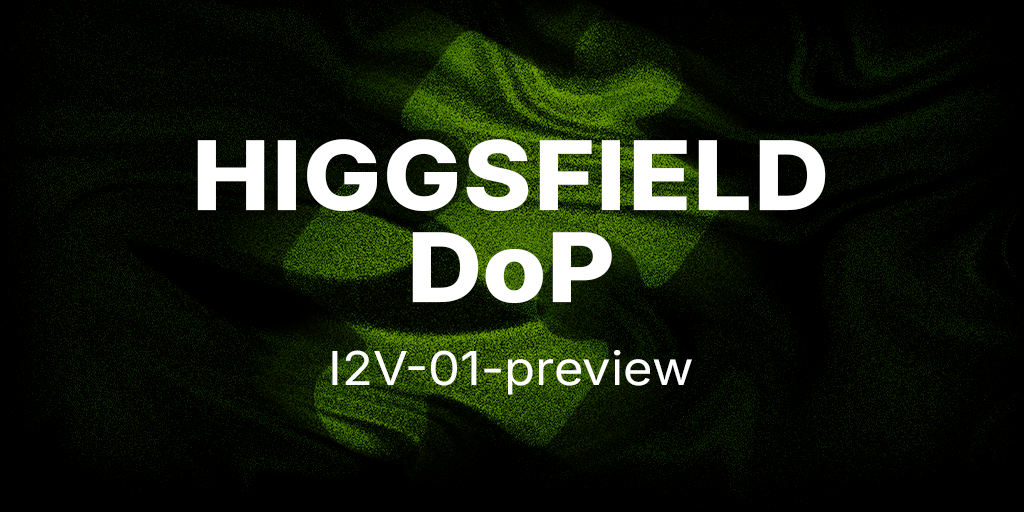
Workflow AI
WorkflowAI is an open-source platform enabling product and engineering teams to collaboratively build, test, and deploy AI features across major LLM providers like OpenAI, Anthropic, and Gemini. Founded in 2024 by Yann BURY and Guillaume Aquilina, the New York-based startup offers a visual playground for side-by-side model comparisons, observability tools, structured outputs, and automatic provider failover—allowing teams to ship AI-driven experiences with minimal engineering overhead. With SDKs for Python and TypeScript, WorkflowAI is gaining traction among developers seeking to accelerate AI feature delivery while maintaining transparency and control.

Gamma
Gamma is an AI-powered platform that enables users to create visually engaging presentations, documents, and websites swiftly and effortlessly. Founded in 2020 by James Fox, Jon Noronha (X), and Grant Lee, Gamma leverages artificial intelligence to automate content generation, allowing users to transform ideas into polished outputs without the need for design or coding skills. The platform offers customizable templates, real-time collaboration, and advanced analytics to track audience engagement. With a user base exceeding 50 million, Gamma is redefining the way individuals and teams communicate ideas in the digital age.

Corca
Corca is a collaborative math editor designed to replace paper by offering a fast, intuitive workspace for real-time equation editing and structured mathematical writing. Founded in 2023 by Anton Gladkoborodov (X), Igor Gladkoborodov, and Oleg Shevlyagin, the platform enables users to define custom notations, manipulate formulas via drag-and-drop or hotkeys, and export seamlessly to LaTeX or Python. Backed by Bloomberg Beta, Slow Ventures, and Liquid 2, Corca is gaining traction among researchers, educators, and students seeking a modern, collaborative alternative to traditional math tools.
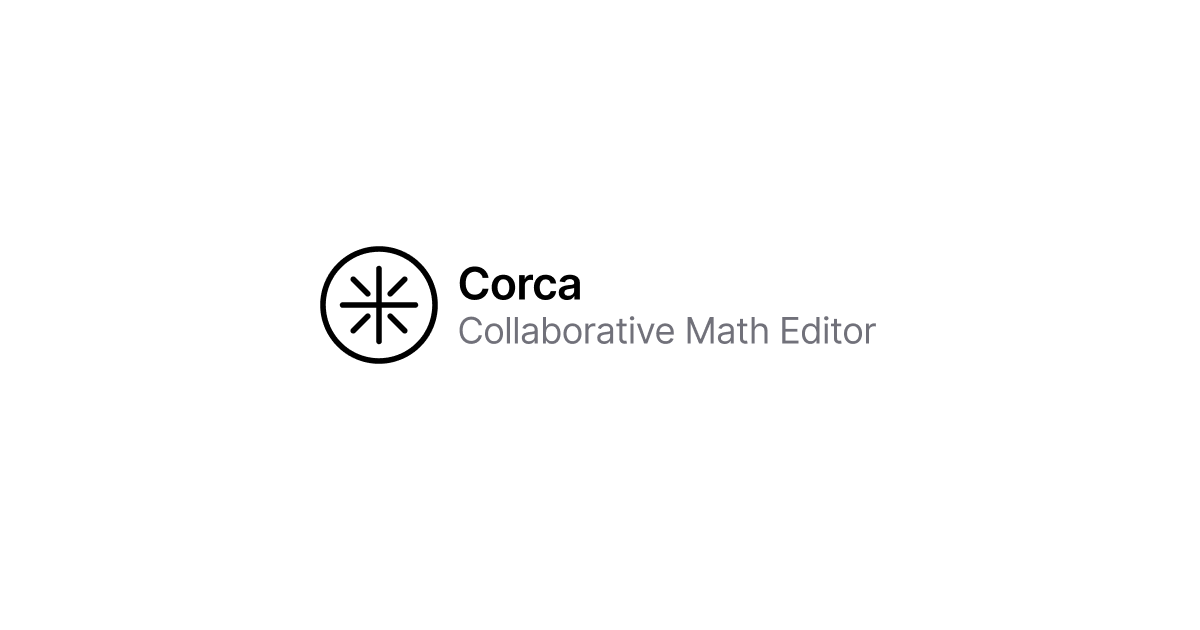
Agno
Agno is an open-source platform for building high-performance AI agents equipped with memory, tools, and multimodal reasoning—designed to help developers ship agentic systems in minutes. Founded by Ashpreet Bedi (X), a former engineer at Airbnb and Facebook, Agno supports any LLM provider, integrates with vector databases like Pinecone and SingleStore, and enables multi-agent orchestration with structured outputs and real-time monitoring. Originally launched as Phidata, the project has grown into a widely adopted framework for autonomous agents that can reason, recall, and act across APIs, documents, and tools.
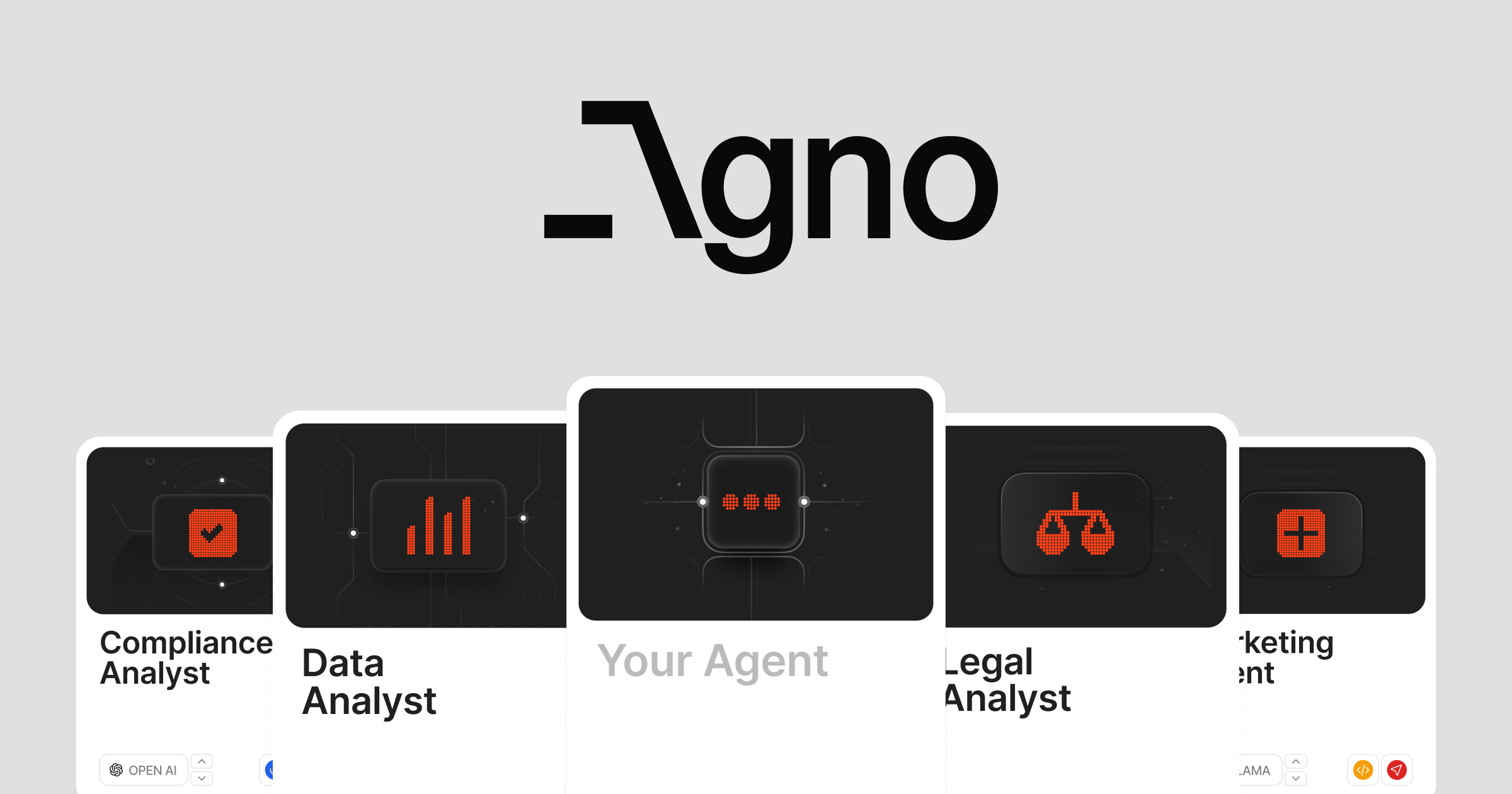
GitButler
GitButler is a next-generation Git client that introduces virtual branches, allowing developers to work on multiple branches simultaneously within a single working directory. Founded by Anne Leuschner and Scott Chacon—co-founder of GitHub and author of Pro Git—the Berlin-based startup reimagines version control workflows by enabling intuitive drag-and-drop commit management, AI-assisted commit messages, and seamless GitHub integration. Built with a Rust backend and Svelte UI, GitButler is gaining traction among developers seeking a more flexible and visual approach to Git branching and collaboration.

Dexa AI
Dexa is an AI-powered search engine designed to unlock expert knowledge embedded in podcasts and videos, enabling users to ask questions and receive precise answers sourced directly from creators like Andrew Huberman, Lex Fridman, and Seth Godin. Founded in 2023 by Marcus Martins, Joshua Berkowitz (X), and Riley Tomasek, the New York-based startup has rapidly scaled to over 50,000 monthly users and answered nearly 1 million queries. Dexa recently raised a $6M seed round co-led by Abstract Ventures and The General Partnership, with participation from Vercel founder Guillermo Rauch and others. The platform’s chat-based interface delivers timestamped clips, summaries, and citations, transforming long-form content into an interactive, searchable knowledge graph. Dexa’s exclusive partnership with Huberman Lab further positions it as a leading interface for multimodal expert content.

Patina Systems
Patina Systems is pioneering "spontaneous software"—everyday tools that users can instantly customize and share, bridging the gap between consumers and creators. Founded in 2024 by Tyler Angert (X), former first designer at Replit and researcher at MIT Media Lab, the New York-based startup envisions a post-personal computing era where software adapts to individual needs in real-time. Backed by investors including Air Street Capital, Haystack, and Cursor Capital, Patina is developing tools that empower users to modify interfaces like maps, cameras, and messaging apps without coding, fostering a more personalized digital experience.
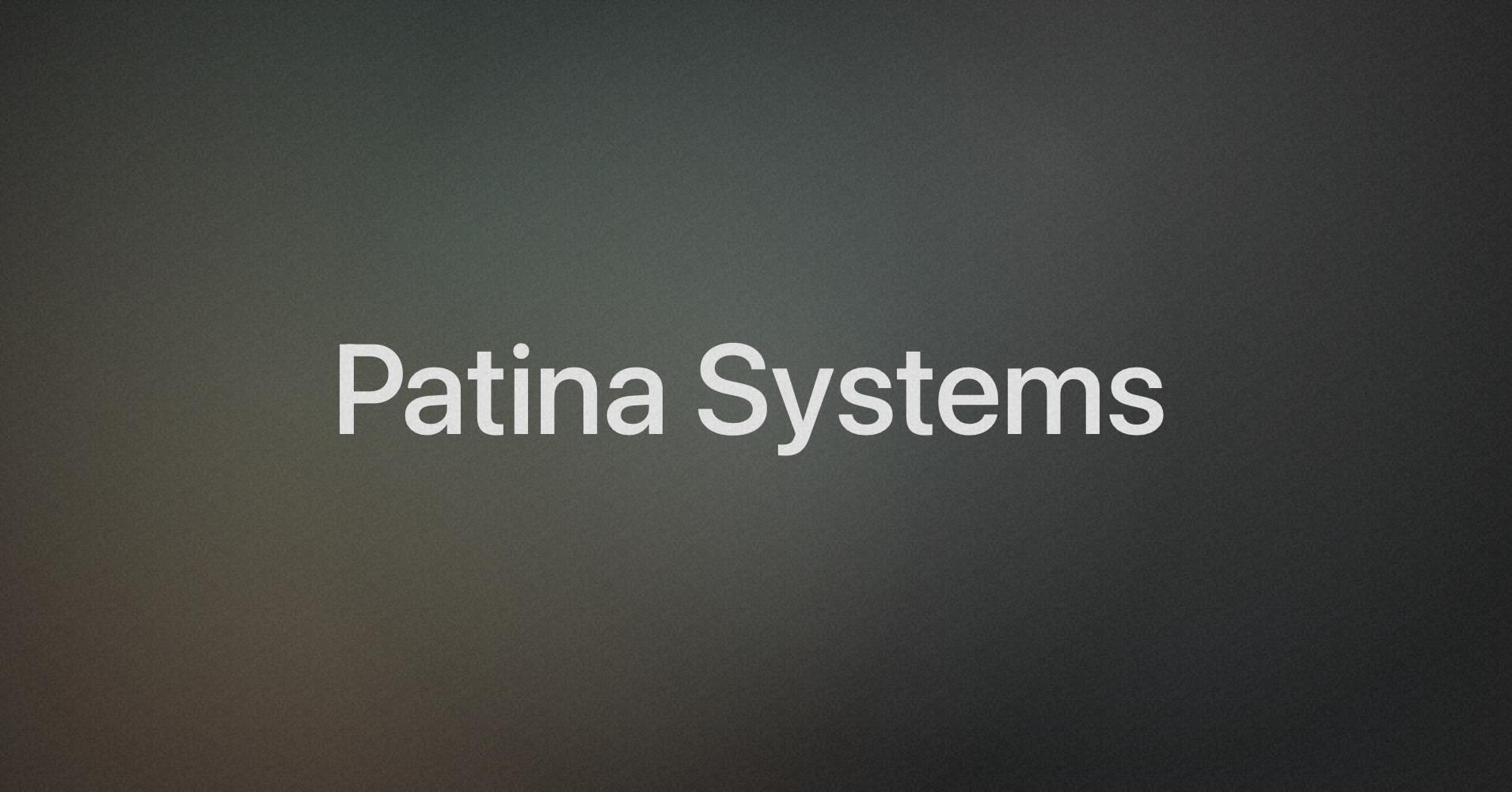
Glue
Glue is an AI-native work chat platform that replaces noisy channels with topic-focused threads, enabling teams to collaborate seamlessly with both colleagues and AI assistants in a unified workspace. Founded in 2024 by Evan Owen, former VP of Engineering at Zinc (acquired by ServiceMax), and David Sacks, co-founder of Yammer, Glue integrates with tools like GitHub, Google Meet, and Zoom, and supports leading LLMs including GPT-4o and Claude 3. The platform’s AI functions as a virtual team member, offering context-aware insights and assistance within each thread. Backed by Craft Ventures, Glue is redefining workplace communication by combining the strengths of AI chat and human collaboration into a single, efficient interface.
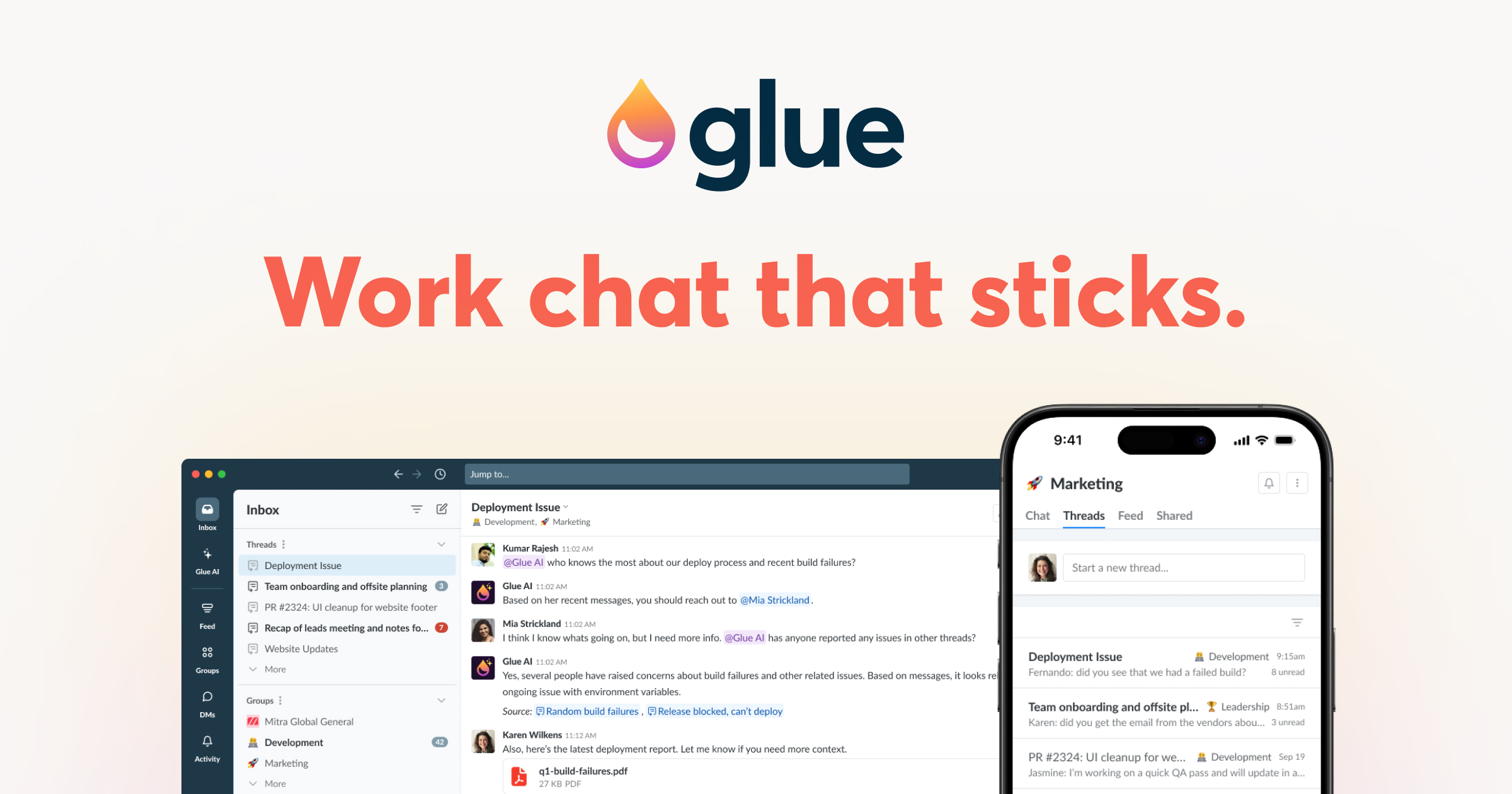
BRM
BRM is an AI-powered procurement platform that automates vendor management tasks—such as contract tracking, compliance, and renewals—through a suite of intelligent “SuperAgents.” Founded in 2022 by Fabian Frank and James McGillicuddy (X), the San Francisco-based startup has raised $21.6M in funding, including a $15M Series A led by Caffeinated Capital and a $6.6M seed round from Base10, with participation from Definition Capital and Original Capital. BRM’s tools—such as the AI Negotiator, Contract Collector, and Compliance Crawler—help finance, legal, and IT teams consolidate vendor data, reduce spend, and streamline decision-making. Customers like Tegus and Public have used BRM to eliminate manual toil and save on software costs. The platform integrates with ERPs, inboxes, and payment systems to provide a centralized, real-time view of vendor activity, enabling smarter procurement at scale.
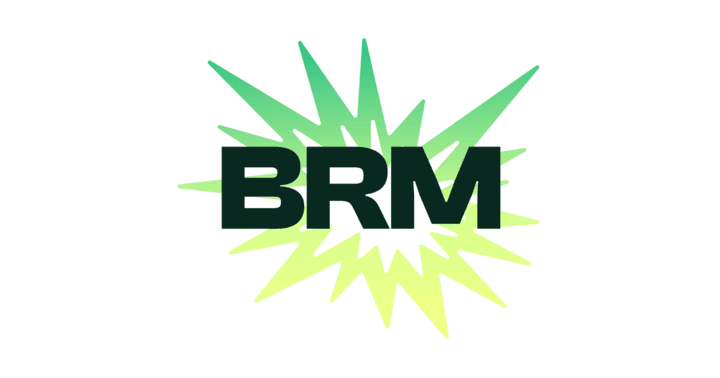
Lewis Hemens
Lewis Hemens is a London-based engineer and entrepreneur currently focused on building ARC-AGI, an open research initiative exploring program synthesis and reasoning as pathways toward artificial general intelligence. Previously, he co-founded Dataform, a data workflow platform acquired by Google in 2020, where he later led engineering efforts as a Senior Staff Software Engineer in Google Cloud. Hemens is also known for maintaining open-source projects like Asciiflow and has written extensively on AGI research, including his recent ARC-AGI 2025 research review. He shares updates and technical insights via X and his personal blog at lewish.io.

Roo Code
Roo Code is an open-source, AI-powered coding agent that integrates directly into Visual Studio Code, enabling developers to plan, write, debug, and refactor code across entire projects with minimal manual input. Founded by Danny Leffel, the platform evolved from a fork of the Cline project into a fully autonomous development assistant. Roo Code supports multiple AI models—including OpenAI, DeepSeek, and local deployments—and offers customizable modes for roles like architect, debugger, or QA engineer. With features like guarded command execution, browser automation, and deep project context, Roo Code has surpassed 50,000 installs and is rapidly becoming a go-to tool for developers seeking AI-augmented workflows.

NOX
NOX is a proactive AI personal assistant designed to anticipate users' needs and execute tasks seamlessly, integrating with services like iMessage, Uber, and Spotify. Founded in 2023 by Molly Cantillon (X), a former Stanford computer science and math student, NOX began as a hardware prototype before evolving into a software solution that manages daily activities—from scheduling meetings to sending messages and booking appointments. With over 500 active users and a waitlist exceeding 10,000, NOX has garnered attention from investors, including OpenAI's startup fund. Cantillon's vision for NOX is to create an AI companion that understands users deeply, acting as an extension of their intentions and routines.
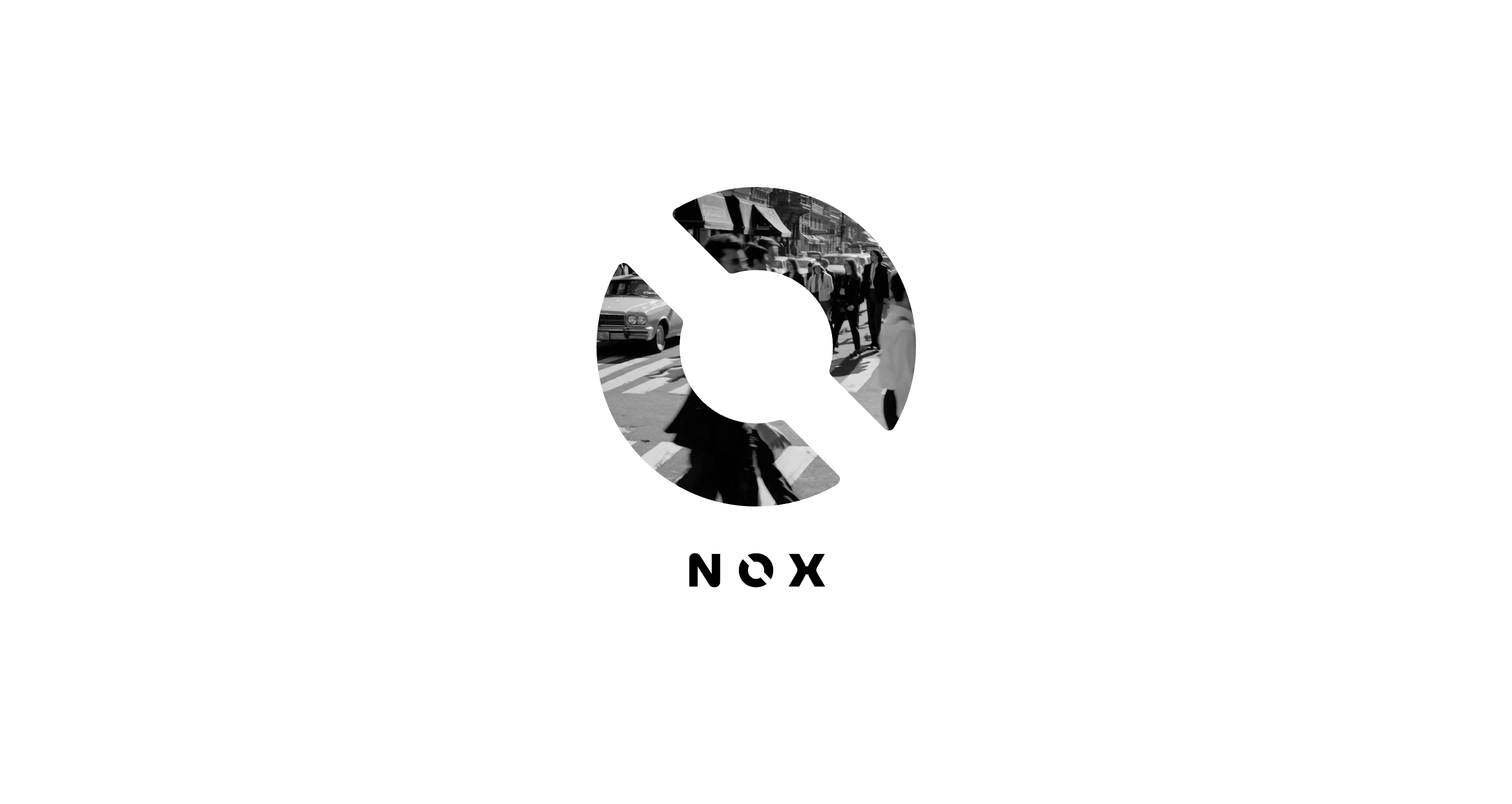
VibeCode
VibeCode is a mobile-first AI agent that enables users to build functional mobile apps directly from their phones using natural language prompts. Founded in 2025 by Ansh Nanda, Riley Brown, and Kehan Zhang, the San Francisco-based startup is part of the emerging "vibe coding" movement—where users describe app functionality in plain English and AI handles the technical implementation. VibeCode has gained traction among creators and developers seeking to rapidly prototype and deploy mobile applications without traditional coding, reflecting a broader shift toward AI-assisted software development.

Rahul Kayala
Rahul Kayala is the founder and CEO of 100x, an AI startup developing autonomous agents to troubleshoot complex software systems. Launched in 2024, 100x's agents analyze tickets, logs, metrics, and code to identify and remediate issues, aiming to reduce downtime and enhance reliability. Prior to 100x, Kayala held product leadership roles at Apple (Siri), Microsoft (Teams and Azure), and Moveworks. He shares insights on AI and engineering on X and LinkedIn.
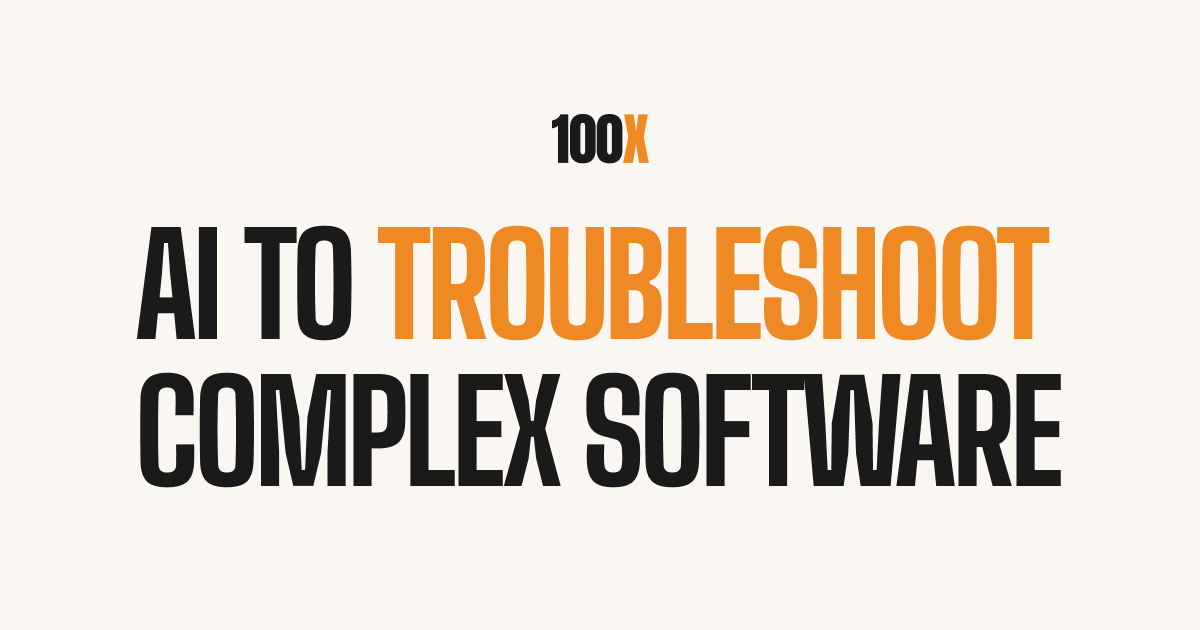
Rich Miner
Rich Miner, co-founder of Android and former General Partner at GV (Google Ventures), is currently developing a stealth-mode generative AI startup in Cambridge, Massachusetts. Set to launch its first product later this year, the venture focuses on AI-native interfaces and productivity tools. Miner continues to advise and invest through his angel fund, exvc, and AI investment firm, FactorialFunds. He also maintains a part-time role at Google, contributing to the evolution of AI-enabled platforms. Miner shares updates and insights via X and LinkedIn.

Convex
Convex is an open-source reactive backend platform that enables developers to build full-stack applications entirely in TypeScript—eliminating the need for traditional APIs, ORMs, or state management. Founded by James Cowling, Jamie Turner (X), and Sujay Jayakar (X), the San Francisco-based startup has raised $26 million in Series A funding led by Andreessen Horowitz. Convex offers a serverless database, real-time sync, built-in authentication, durable workflows, and AI-optimized code generation through its Convex Chef tool. Designed for both human developers and AI agents, Convex simplifies backend development, allowing for rapid prototyping and scaling of dynamic applications.
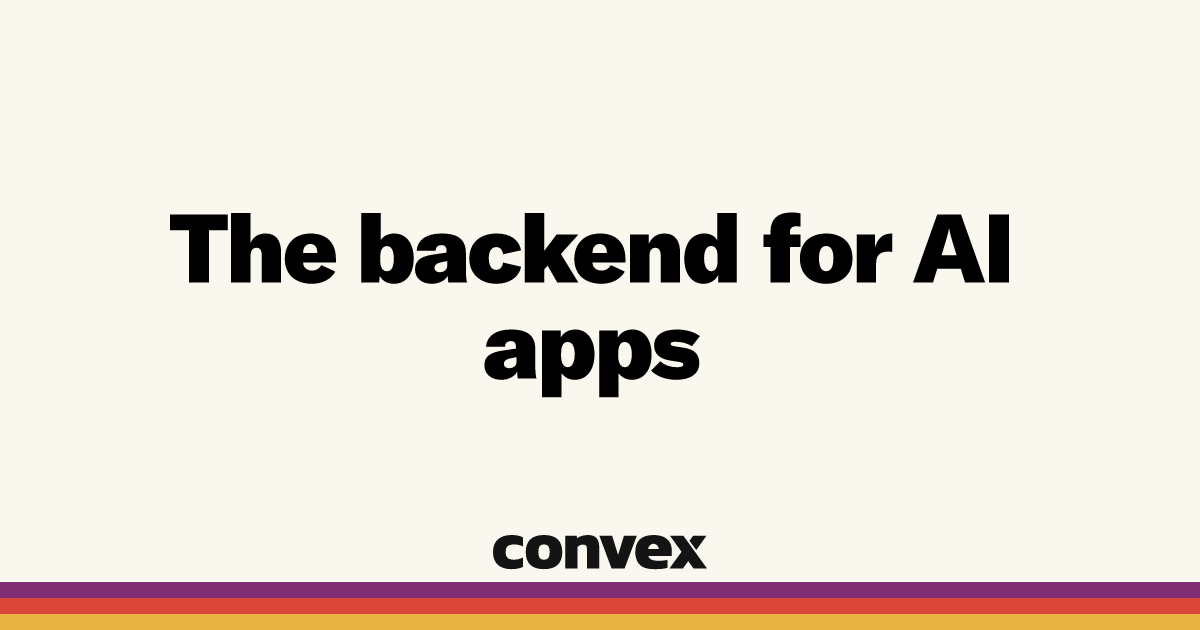
Iterate
Iterate is an AI-native operations platform designed to automate the administrative workload of early-stage startups. Founded in 2024 by Jonas Templestein (X), co-founder and former CTO of Monzo, Iterate offers a customizable "AI Chief of Staff" that integrates into Slack to handle tasks ranging from payroll and compliance to onboarding and investor updates. The platform aims to help small teams focus on product development by automating over 80 operational processes. Backed by investors including OpenAI, Index Ventures, and Y Combinator CEO Garry Tan, Iterate is currently onboarding early adopters through its design partner program.

Bobby Goodlatte
Bobby Goodlatte is a designer and investor currently in stealth mode, building a new product with a private alpha already shipped and a public beta expected in 2025. A former early product designer at Facebook, Goodlatte later co-founded Form Capital, a seed-stage fund that pairs capital with hands-on design support. He is also known for early investments in companies like Coinbase, Linear, and XMTP. Goodlatte shares updates and insights via X and LinkedIn.




